
Preparing Couples for Cultural Stress, Part 2: Proactively Facing the Stressors
By Sue Eenigenburg
In this three-part series, adapted from an article first published in 2008 in EMQ magazine, we tackle what global workers can do to prepare their marriage for the culture stress they know will come. In the first article we looked at some of the stressors. In this second article we explore some strategic things husbands and wives should know and do as they prepare for the field. The third article will list 25 questions and ideas for couples to discuss before leaving for their first term of service.
In light of all the challenges of cross-cultural ministry, it is imperative to be proactive and prepare our marriages for these stressors.
Husbands and wives both work through culture stress when they arrive on the field, and as a result, they often have little reserve energy to help one another. Mark Deckard, who has counseled many global worker couples, observed, “If they haven’t learned how to handle stress and pull toward each other to support one another, they often end up isolating, each trying to deal with it on their own.”
Although short-term experience in missions has helped some couples better deal with culture stress, it has not eliminated it. To be better prepared for culture shock, husbands and wives should know that culture stress will indeed put a strain on their marriage relationship and that it will hit each person individually, at different times and in different ways. Husbands and wives should proactively communicate about culture stress, rather than simply react to their circumstances. Below are several steps couples can take to face these challenges:
1. Before leaving, couples should discuss their roles and expectations of each other. They need to think through various possible scenarios to prepare themselves for language pressures, children’s schooling and other issues. What if one advances more quickly than the other in language learning? How will they balance ministry to the family and in the community? How will they address cultural differences?
2. Before leaving, couples should take time to learn all they can about culture stress, the country, the people and the environment to which they are moving. Most organizations have pre-field training and will recommend some helpful resources about ministry overseas. Take advantage of every counseling session. Read the resources. Avoid thinking this won’t happen to you or that you wouldn’t react so negatively to culture stress. Talk about the stressors in your marriage and recognize they will resurface when you are overseas, even the things you thought were resolved. (See the 25 questions in part 3 of this series).
3. Before new couples arrive on the mission field, team members already on the field should do what they can to help the new couple prepare. Team members should let the couple know what to expect and answer any questions they have. Once a new couple arrives, a mentoring couple should be prepared to walk with them through culture stress. Having a more experienced couple coach a newer couple could make all the difference in their marriage and their ministry.
More experienced workers should encourage new couples to reduce what tensions they can. In Culture Shock, Myron Loss supports reducing stress when he points out, “Avoid childbirth anytime near cross-cultural transition. One survey respondent emphatically said, ‘To minimize stress, I wouldn’t have a baby during my first year—during language study’” (1983, 95).
My husband and I had a baby, an unexpected blessing, during language school. Yes, it was stressful, but we are thankful for her. All isn’t lost if you discover you are pregnant in your first term on the field. God provides strength and sanity as you work together and help one another.
4. While on the field, couples should find outlets to deal with culture stress. In many countries, this requires creativity, especially for women. It is often easier for men to get regular exercise and to meet people. Women might need to find a gym just for women or a hotel where they can unwind. Wise husbands will make sure their wives get away from home for occasional breaks. Wise wives will encourage their husbands to find their outlets as well.
5. When facing culture stress, couples need to turn to scripture. In Overcoming Missionary Stress, Marjory Foyle explains that patterns of culture shock may differ and that it is helpful to depend upon meaningful Scripture to give us hope. When I was dreaming about leaving my husband and heading to Hawaii (see part 1 of this series!), it was Scripture that kept me grounded, convicted me, comforted me and encouraged me. I had been reading in Galatians and came to Galatians 5:19-26 in my daily devotional time. Rather than Hawaii, I saw clearly my fleshly spirit and not the fruit of the Spirit in my life. God arranged the timing of when I would come to that passage to teach me and change me. I repented, sought forgiveness and gained a fresh perspective on life and service. Staying in the Word individually, and together, provides grace and truth to keep us steady.
WEIGHING THE PROS AND CONS
As couples think about the culture stress they will face and become aware of the dangers they will encounter as their marriage is assaulted in cross-cultural ministry, they might be tempted to count the cost as too high and stay in their home country. Other couples think they are already prepared for culture stress. They believe they can handle it, and as a result do not put in the time necessary to deal with it effectively once they are in the midst of culture stress. Deckard points out that some couples can be overconfident when it comes to facing culture stress:
They hear about culture shock, believe it will happen, but approach it as “we’re in love and happy together, so we can weather any storm.” That is usually true in one sense, but they end up struggling much more than planned because, in their naïve idealism, they don’t take the potential struggle seriously enough until they are well into being bogged down by it.
However, for couples who are not overconfident, who determine to prepare for the challenges ahead and commit to ministering together cross-culturally, there are some positive effects of going through culture stress.
One outcome is a stronger relationship for having gone through painful times and having shared difficult experiences. Couples discover through working together that they make a good team, and they gain greater understanding and compassion for each other. They pray more for one another and learn to appreciate and capitalize on their differences. Couples who make it through culture stress are reminded how much they need each other. They set aside time to be with each other. They also become more creative as they work together to meet their goals.
As couples handle culture stress and labor together, they can deepen their relationship and develop a stronger sense of oneness. Husbands and wives who want to prepare their marriages for the effects of culture stress must read about it, pray about it and determine to work through it together. An underlying foundation is a commitment to spiritual growth by both spouses. Each must pursue a deeper relationship with God individually and together.
There is no way to escape culture stress. But couples who faithfully communicate with each other and develop a plan for dealing with culture stress can be encouraged that although they will encounter difficulties, their marriage and love for each other can grow.
By God’s grace, I didn’t leave my husband and go to Hawaii. We continue on, and in 2025, we celebrate 39 years of ministry and 47 years of marriage. Because we have persevered through culture stress, life experiences, successes and failures, we have grown individually and together. We are determined to continue to build our relationship with each other and with God. And we took a vacation to Hawaii. We celebrated our 32nd wedding anniversary there on our way to serve in another country. It was better than I imagined and sweeter because we enjoyed it together, celebrating God’s faithfulness.
References
Foyle, Marjory F. 1987. Overcoming Missionary Stress. Wheaton, Ill.: Evangelism and Missions Information Service.
Loss, Myron. 1983. Culture Shock. Winona Lake, Ind.: Light and Life Press.
This resource was adapted from an article originally published in Evangelical Missions Quarterly in 2008 and is used with permission.









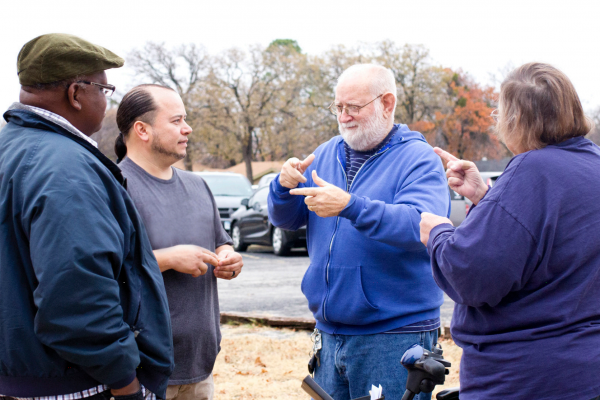




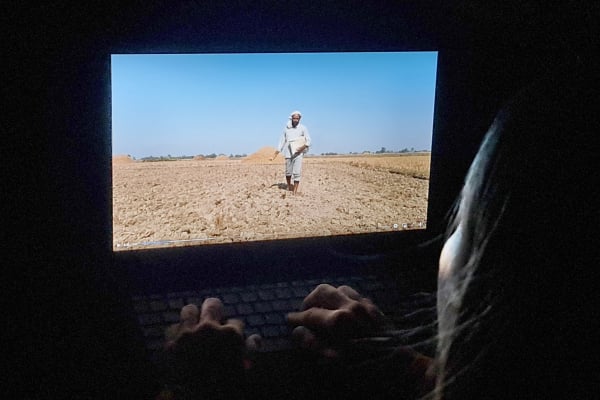































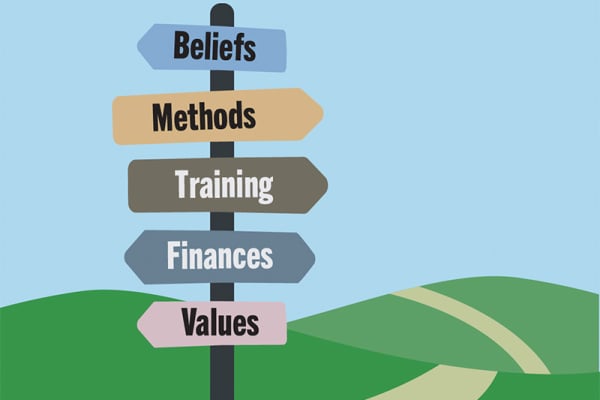








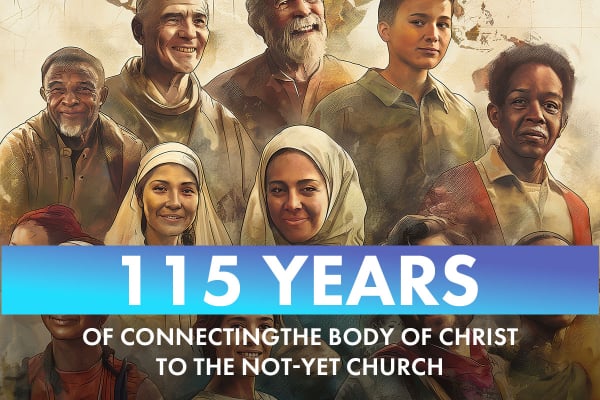
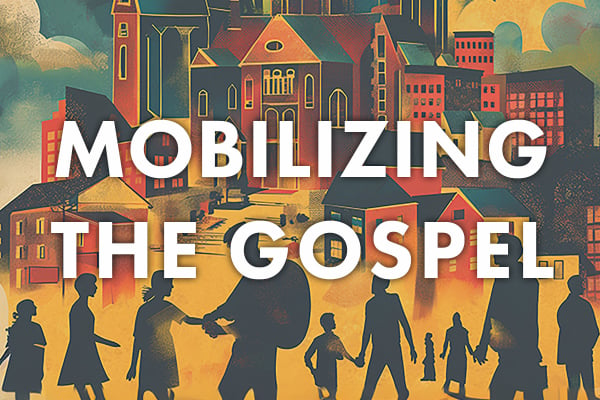


_1654032461_600x400.jpg)


